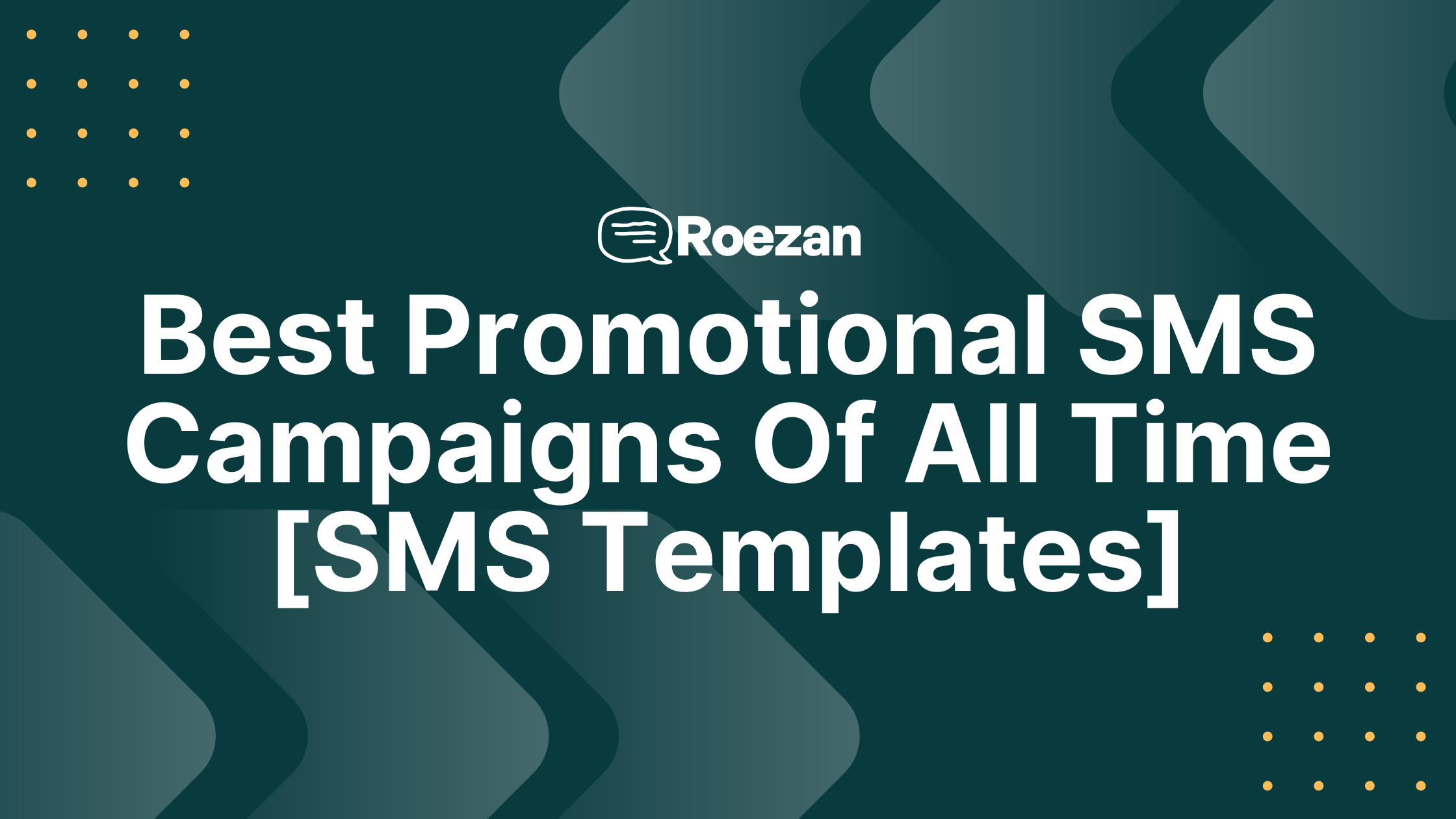SMS marketing has become an increasingly popular way for businesses to reach and engage with their customers. With over five billion mobile phone users globally and text messages having a 98% open rate, SMS is an effective way to communicate with your customers. However, SMS marketing should never be used alone in your marketing strategy.
In today's digital world, customers expect a seamless experience across all channels. This is where multichannel marketing comes in. Multichannel marketing is the practice of using multiple channels to reach your target audience, creating a holistic and integrated approach to your marketing campaigns.
Integrating SMS marketing into your multichannel strategy can help increase engagement, improve conversion rates, and drive revenue. Here are some ways you can incorporate SMS marketing into your multichannel strategy.
1. Understand Your Target Audience
Before you start any marketing campaign, you need to understand your target audience. This includes their demographic information, their behaviors, and what channels they use. Knowing this information will help you tailor your message and choose the right channels to reach them.
When it comes to SMS marketing, it's important to get permission from your customers before sending them messages. This not only ensures compliance with regulations but also shows respect for your customers and their preferences.
2. Integrate SMS with Other Marketing Channels
SMS should never be used as a standalone marketing channel. Instead, it should be integrated with other marketing channels to create a seamless customer experience. This includes email marketing, social media, and your website.
You can use SMS to drive traffic to your website or social media channels. For example, you can send a text message with a discount code that can only be redeemed on your website. This not only encourages customers to visit your website but also helps track the success of your SMS campaign.
3. Personalize Your SMS Messages
Personalizing your SMS messages can help increase engagement and improve conversion rates. This can include using the customer's name in the message or tailoring the message based on their previous purchases.
You can also use customer data to create targeted SMS campaigns. For example, if a customer has abandoned their cart, you can send them a personalized text message reminding them about the items in their cart and offering a discount to complete the purchase.
4. Timing is Key
Timing is crucial when it comes to SMS marketing. You don't want to send messages too frequently and risk annoying your customers, but you also don't want to send them too infrequently and risk them forgetting about your brand.
You should also consider the time of day you send SMS messages. Avoid sending messages during the early mornings or late evenings when people are less likely to be checking their phones.
5. Measure Your Results
Measuring the success of your SMS campaign is important to determine its effectiveness and make adjustments for the future. You can track metrics such as open rates, click-through rates, and conversion rates.
Using analytics tools, you can also track how SMS integrates with other marketing channels and the impact on overall revenue. This can help you make informed decisions for future campaigns and optimize your marketing strategy.
Conclusion
Integrating SMS marketing into your multichannel strategy can help create a seamless customer experience, increase engagement, and drive revenue. However, SMS should always be used in conjunction with other marketing channels to create a holistic and integrated approach to your marketing campaigns.



